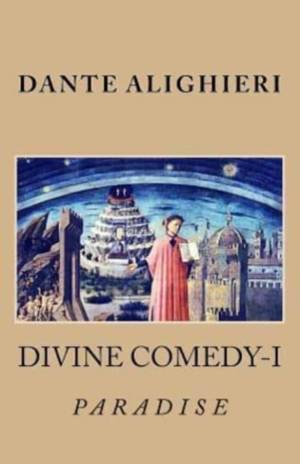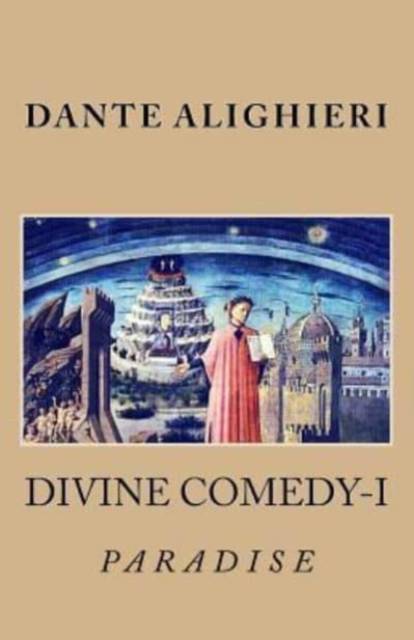
En raison d'une grêve chez bpost, votre commande pourrait être retardée. Vous avez besoin d’un livre rapidement ? Nos magasins vous accueillent à bras ouverts !
- Retrait gratuit dans votre magasin Club
- 7.000.000 titres dans notre catalogue
- Payer en toute sécurité
- Toujours un magasin près de chez vous
En raison de la grêve chez bpost, votre commande pourrait être retardée. Vous avez besoin d’un livre rapidement ? Nos magasins vous accueillent à bras ouverts !
- Retrait gratuit dans votre magasin Club
- 7.000.0000 titres dans notre catalogue
- Payer en toute sécurité
- Toujours un magasin près de chez vous
Description
The Divine Comedy describes Dante's journey through Hell (Inferno), Purgatory (Purgatorio), and Paradise (Paradiso), guided first by the Roman poet Virgil and then by Beatrice, the subject of his love and of another of his works, La Vita Nuova. While the vision of Hell, the Inferno, is vivid for modern readers, the theological niceties presented in the other books require a certain amount of patience and knowledge to appreciate. Purgatorio, the most lyrical and human of the three, also has the most poets in it; Paradiso, the most heavily theological, has the most beautiful and ecstatic mystic passages in which Dante tries to describe what he confesses he is unable to convey (e.g., when Dante looks into the face of God: "all'alta fantasia qui mancò possa" - "at this high moment, ability failed my capacity to describe," Paradiso, XXXIII, 142).His glory, by whose might all things are mov'd, Pierces the universe, and in one partSheds more resplendence, elsewhere less. In heav'n, That largeliest of his light partakes, was I, Witness of things, which to relate againSurpasseth power of him who comes from thence;For that, so near approaching its desireOur intellect is to such depth absorb'd, That memory cannot follow. Nathless all, That in my thoughts I of that sacred realmCould store, shall now be matter of my song.Benign Apollo! this last labour aid, And make me such a vessel of thy worth, As thy own laurel claims of me belov'd.Thus far hath one of steep Parnassus' browsSuffic'd me; henceforth there is need of bothFor my remaining enterprise Do thouEnter into my bosom, and there breatheSo, as when Marsyas by thy hand was dragg'dForth from his limbs unsheath'd. O power divine!If thou to me of shine impart so much, That of that happy realm the shadow'd formTrac'd in my thoughts I may set forth to view, Thou shalt behold me of thy favour'd treeCome to the foot, and crown myself with leaves;For to that honour thou, and my high themeWill fit me. If but seldom, mighty Sire!To grace his triumph gathers thence a wreathCaesar or bard (more shame for human willsDeprav'd) joy to the Delphic god must springFrom the Pierian foliage, when one breastIs with such thirst inspir'd. From a small sparkGreat flame hath risen: after me perchanceOthers with better voice may pray, and gainFrom the Cirrhaean city answer kind.
Spécifications
Parties prenantes
- Auteur(s) :
- Editeur:
Contenu
- Nombre de pages :
- 180
- Langue:
- Anglais
- Collection :
- Tome:
- n° 1
Caractéristiques
- EAN:
- 9781500294687
- Date de parution :
- 23-06-14
- Format:
- Livre broché
- Format numérique:
- Trade paperback (VS)
- Dimensions :
- 140 mm x 216 mm
- Poids :
- 236 g

Les avis
Nous publions uniquement les avis qui respectent les conditions requises. Consultez nos conditions pour les avis.






